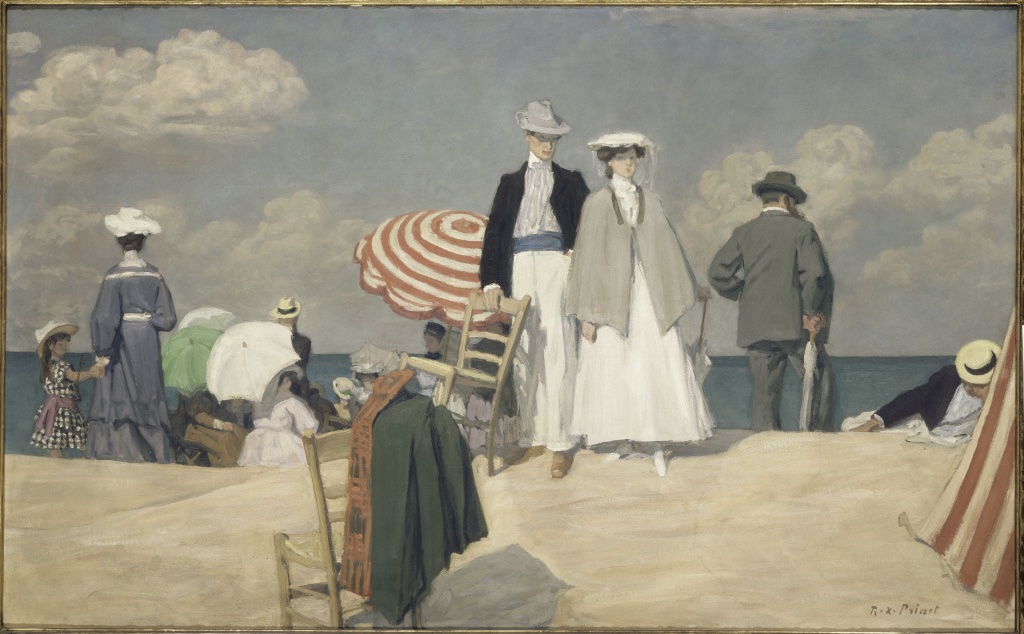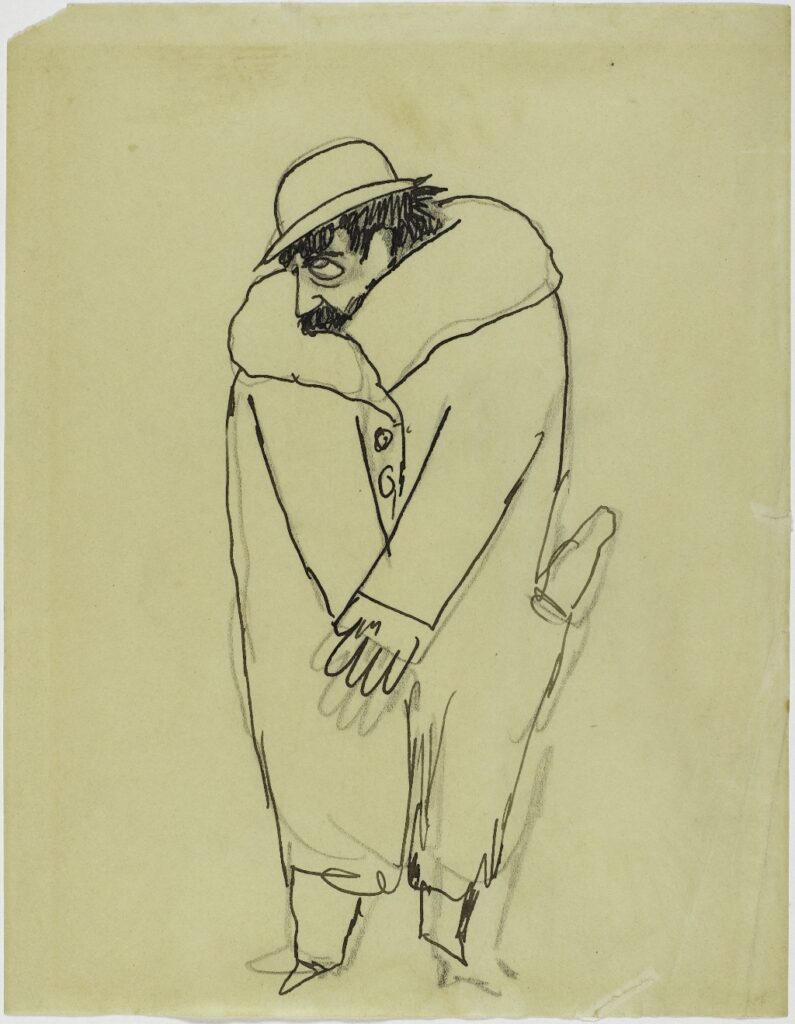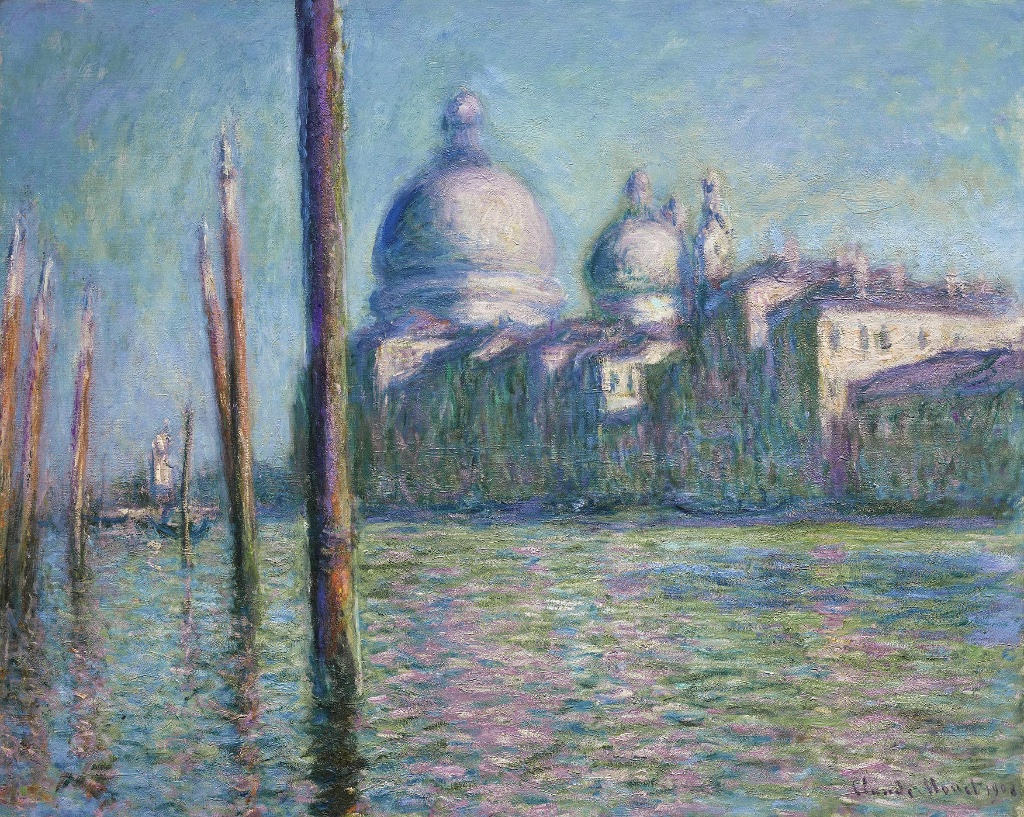
In Marcel Proust’s great novel, In Search of Lost Time, the main character, Marcel, modeled closely on the author himself, is not Jewish. Proust himself, however, was Jewish through his mother’s side of the family. I have always wondered why the author made this choice, and why some of the Jewish characters in the novel, notably Albert Bloch, are endowed with the stereotypical traits bandied about by anti-Semites (big nose, etc.), although the other major Jewish character, the sophisticated and cultured man-about-town Charles Swann, has no such traits.
Further complicating the issue, Proust was a close friend of some notorious antisemites and anti-Dreyfusards like the writer Léon Daudet, even while he himself was a staunch defender of the Jewish artillery officer Alfred Dreyfus, falsely accused of spying. A whole section of the exhibition is devoted to the Dreyfus affair.

I was hoping to find some answers in the exhibition “Marcel Proust, du Côté de la Mère” at Paris’s Musée d’Art et d’Histoire du Judaïsme, another tribute to Proust in the year of the 150th anniversary of his birth.
This excellent show begins with the story of Proust’s Jewish forebears and relatives, who were nonreligious, educated, free-thinking (many of them Freemasons) businesspeople. Through his highly cultivated mother, Jeanne (née Weil) Proust was well acquainted with their world, but he was baptized and brought up as a Catholic like his father, the eminent Dr. Adrien Proust.
Photos, paintings and memorabilia of family, friends and places frequented by Proust, such as the seaside towns of Normandy and Venice, fill the exhibition, which includes numerous works of art by painters that Proust knew and used as models for his character Elstir, the novel’s cutting-edge artist, among them Claude Monet, Paul Helleu, James Whistler and Édouard Vuillard. There are also many examples of his published works and the famous manuscript proofs with his extensive annotations, which the curators compare to the Midrashic commentaries on the Talmud.
While the exhibition didn’t really answer my question about why Proust seemed to deny his Jewishness in the novel, it did shed light on the question. First of all, the character Marcel is not identical to Proust himself and, like any novelist, Proust distributed various traits among his characters.
The section on homosexuality offers the interesting supposition that in his novel, Proust equated Jews with homosexuals, both of them groups of despised outsiders. This theory holds that the author saw the “homosexual as the alter ego of the Jew, faced with stigmatization and persecution.” It is true that just as Proust separated his Jewishness from the narrator Marcel and created the Jewish characters Swann and Bloch, he separated his own homosexuality from Marcel and attributed it to other characters, including the Baron de Charlus and Jupien. Perhaps a narrator who was less invested in a group identity gave him more freedom to be a disinterested observer of both groups.
Also, the fact that there are Jewish stereotypes in the novel does not make Proust an anti-Semite; again, like any novelist, he is not necessarily expressing his own point of view but illustrating the point of view of others. In the same way, the fact that he writes about the aristocratic world of Paris does not make him a snob (a common misconception) – he is simply depicting that world through the narrator’s eyes.
It goes without saying that if you are a Proust lover, you must see this fascinating show.
Favorite


Thank you very much for this review of the Proust show. I found it quite interesting and will send it on to David Bronstein, who runs a Proust discussion group in Los Angeles.
Thank you!